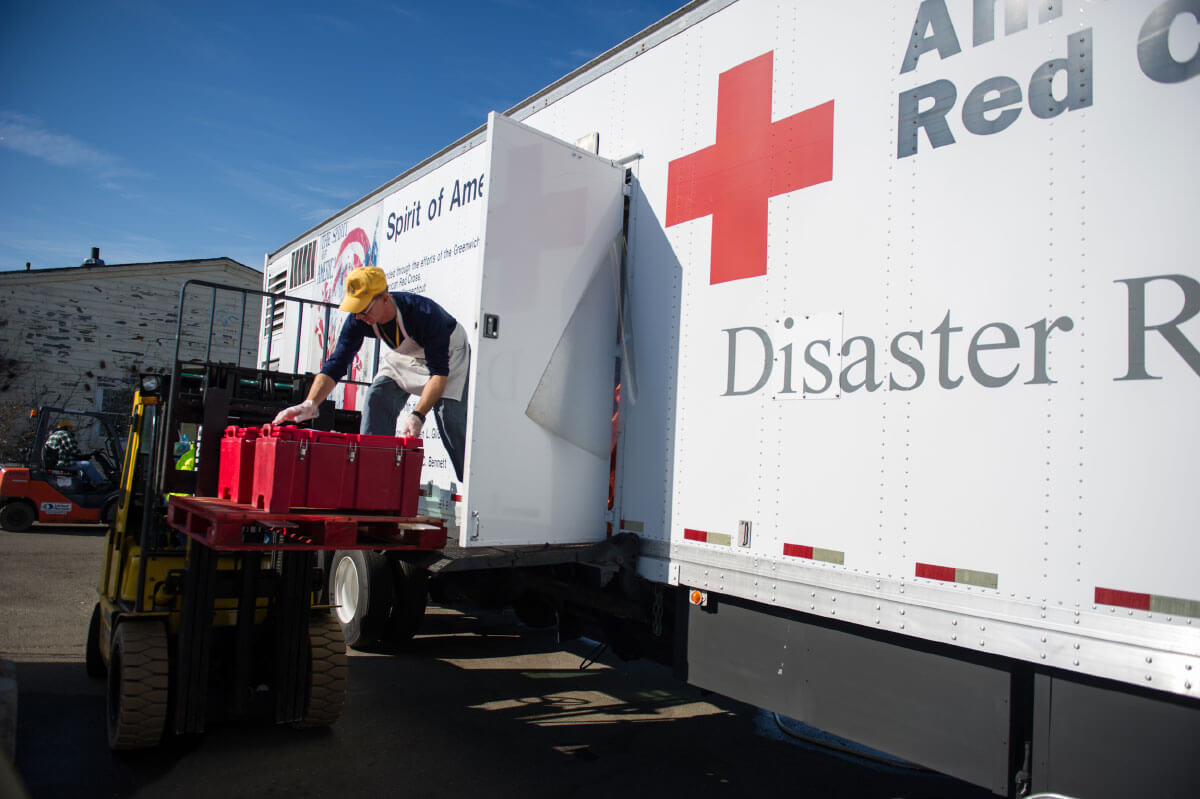Landlord Responsibilities In Wake of Natural Disasters
By DANIEL BORNSTEIN, ESQ.
[apss_share]

Do you know what would happen with your rental property, residents, and employees if you find yourself on Mother Nature’s mean side?
Rental housing providers should always understand their obligations which are triggered by a disaster and have a proactive emergency preparedness plan in place. The recent fires and mass displacement of residents have amplified the need for this planning.
First, let’s talk about the landlord’s responsibility under the law, when disaster strikes.
Habitability laws prohibit rental property owners from collecting rent for any period of time that the unit is uninhabitable. You must refund any portion of the rent that was unused, as well as any applicable security deposits. (Cal. Civ. Code §§ 1933, 1935.). You may not deduct any disaster-related damage from the tenant’s deposit.
A question often prioritized for landlords following a disaster is whether a tenant can break the lease, a question resolved by Cal. Civ. Code § 1933(4). Under the law, a lease is automatically terminated when the building or unit is uninhabitable.
Having said that, if your rental unit is habitable but has sustained some damage, you should make repairs in a reasonable period. We hasten to say that you have the duty to repair all dilapidations that render it untenantable. Think heat, gas, electric and plumbing – these must all be in working order, along with hot and cold water. Sewer and garbage facilities must be accessible, and you have to maintain the cleanliness, safety, waterproofing and weather protections on the premises.
What a “reasonable” period of time to affect repairs is evaluated on a case-by-case basis. In the wake of a disaster, tradespersons are in high demand and often slow to respond, so some latitude is given, but please make the necessary repairs as promptly as possible.
Knowing your responsibilities under the law is important, but it’s not enough. Rental housing providers must also have a definitive emergency preparedness plan and know what to do on the ground in the immediate aftermath of a natural disaster, to protect your tenants and assist first responders in handling the event.
This is a topic we’ll take on in a future post – follow us on Facebook to stay in the know.
 As the founding attorney of Bornstein Law, Broker of Record for Bay Property Group and expert witness, Daniel Bornstein is a foremost and well-respected expert in landlord-tenant disputes and other property management issues with over 23 years of experience in handling real estate and civil litigation related disputes in and throughout the Bay Area. More than a litigator, Daniel manages rental properties, assists in completing real estate transactions and is well known for his educational seminars. He is always eager to answer questions and engage with Bay Area landlords, property owners and real estate professionals. Email him today.
As the founding attorney of Bornstein Law, Broker of Record for Bay Property Group and expert witness, Daniel Bornstein is a foremost and well-respected expert in landlord-tenant disputes and other property management issues with over 23 years of experience in handling real estate and civil litigation related disputes in and throughout the Bay Area. More than a litigator, Daniel manages rental properties, assists in completing real estate transactions and is well known for his educational seminars. He is always eager to answer questions and engage with Bay Area landlords, property owners and real estate professionals. Email him today.

